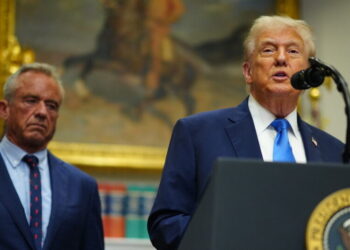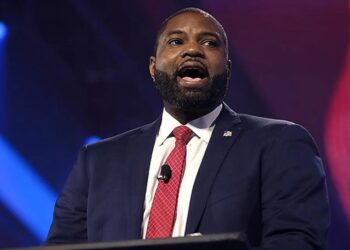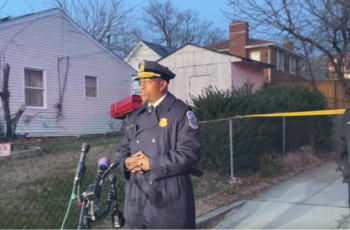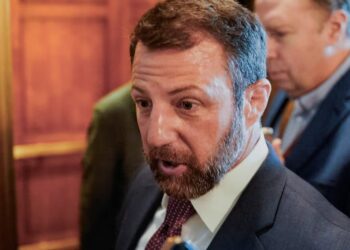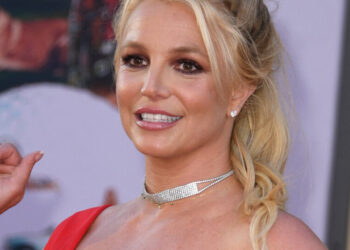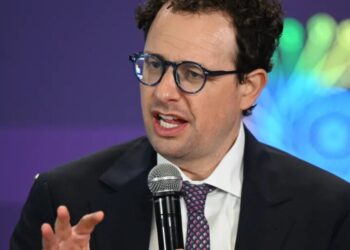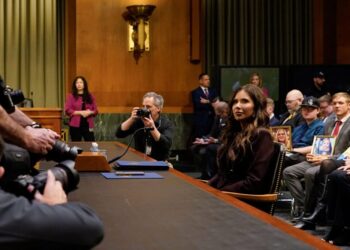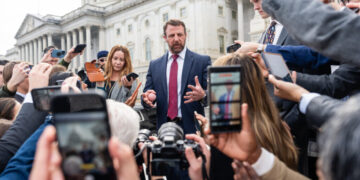Fewer Pregnant Women Received Acetaminophen in E.R.s After White House Warnings
Acetaminophen prescriptions for pregnant women declined in emergency rooms across the country after a White House briefing in September during...
‘Vile and offensive’: Black MAGA lawmaker condemns Republicans caught in racist group chat
Byron Donalds, a pro-Trump Florida congressman currently running for governor and one of a handful of Black Republicans in Congress,...
Markwayne Mullin’s opportunity to reset immigration policy
President Donald Trump announced Thursday that he would fire Homeland Security Secretary Kristi L. Noem and replace her with Sen....
Top American admiral in the Middle East says the US struck an Iranian drone carrier. He said ‘it’s on fire.’
An F/A-18E Super Hornet takes off to support combat operations against Iran. US Navy photoThe US struck an Iranian drone...
S.E.C. Settles Its Case Against Justin Sun, an Investor in the Trumps’ Crypto Coins
Federal regulators on Thursday settled a fraud case against Justin Sun, the Chinese-born crypto billionaire who was one of the...
How the Dodgers will look to fill out a once-crowded starting rotation
1 p]:text-cms-story-body-color-text clearfix”> PHOENIX — Dodgers ace Yoshinobu Yamamoto was slated to start Team Japan’s first game in the World...
D.C. assistant police chief placed on leave after improper text messages found
A high-ranking D.C. assistant police chief has been placed on administrative leave, with his police powers revoked, after an investigation...
ICE Barbie’s Replacement Is In Bizarre Feud With Key Senator
Sen. Markwayne Mullin, who Trump tapped to lead the Department of Homeland Security, just last month called the man who...
Britney Spears Is Arrested on Suspicion of D.U.I. in California
Britney Spears was arrested on Wednesday on suspicion of D.U.I. after officers observed her driving erratically at high speeds, according...
Anthropic’s investors could be the key to ending its Pentagon standoff—but some investors have opposite views
In 2023, as Dario Amodei was fundraising for the company’s $750 million Series D round, an investor was seated with...
